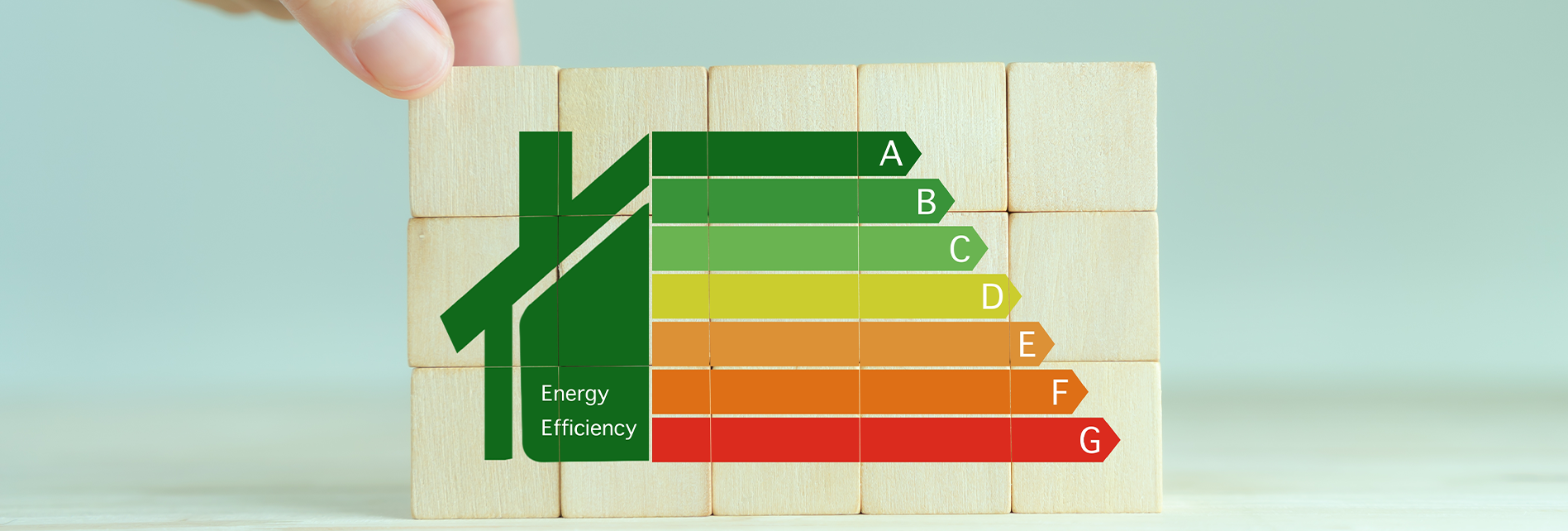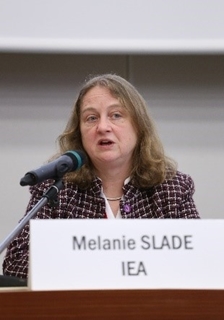Day 2 Appliances
Improvements in the energy efficiency of appliances and equipment have shown to be one of the lowest-cost options available today for reducing energy consumption and associated emissions, with a typical society benefit to cost ratio of 4:1. Recent evidence from the IEA-4E Energy Efficiency Standard and Labelling (EESL) Assessment Report shows that in countries with long-running policies, appliances are now typically consuming 30% less energy than they would have done otherwise. These countries are saving about 15% of their electricity consumption annually because of their regularly updated appliance policies.
Africa’s 300 million households accounted for 56% of the continent’s total final energy demand in 2020, despite 120 million of them lacking access to electricity and 200 million being deprived of modern, clean cooking solutions. Over the decade to 2030, the growth in household demand for energy services is set to outpace population growth, as rising levels of access to electricity and rising incomes drive up ownership and use of appliances and equipment.
This day will present policies focused on enabling the transition towards energy efficient appliances. The content will cover: minimum energy performance standards (MEPS), labels and consumer information campaigns; as well as financial and non-financial incentives including rebates, grants, dynamic electricity pricing and well-designed procurement processes. Finally, different stakeholders and engagement approaches for supporting an integrated approach to policy development will be discussed.
The outcome of this day will be a deeper comprehension of the policy approach and action areas that will enable the transition to low-carbon, energy efficient and resilient appliances.
The content and speakers in this module will answer the following questions:
- What is an ideal policy package for improving appliance energy efficiency based on three decades of experience?
- What stakeholders need to be involved for an integrated approach to developing and implementing an energy efficient appliance policy package?
- What are the lessons learnt from regional and international examples of existing policy packages for efficient low-carbon appliances.







